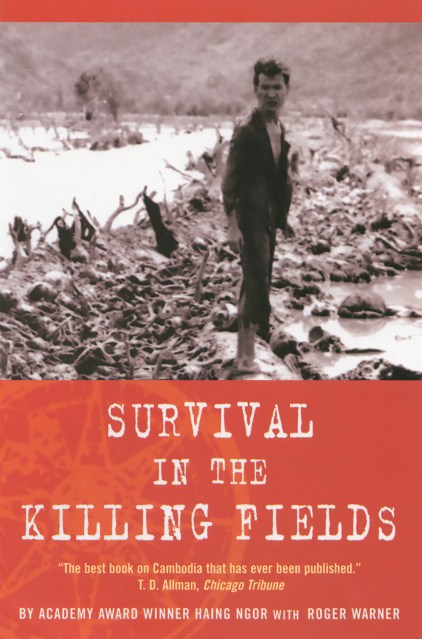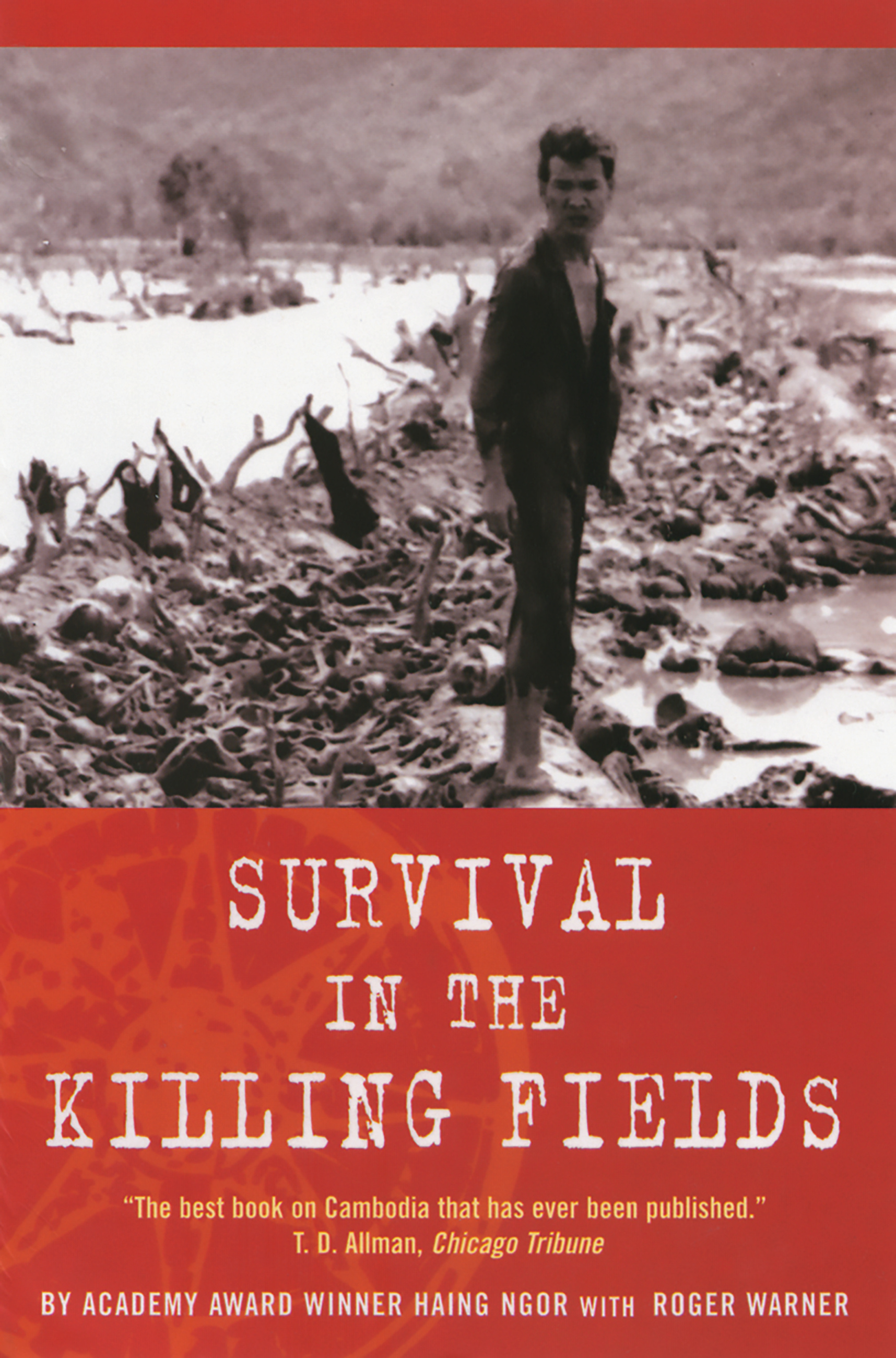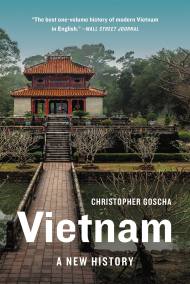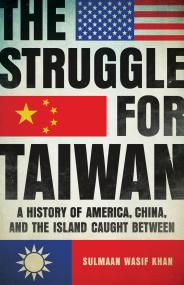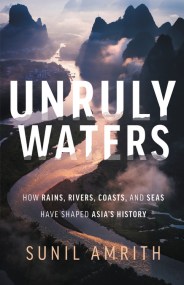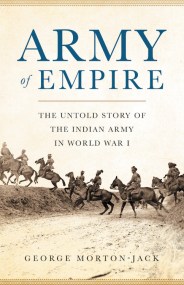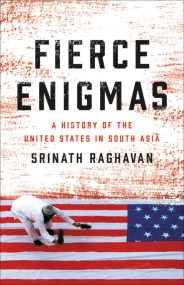By clicking “Accept,” you agree to the use of cookies and similar technologies on your device as set forth in our Cookie Policy and our Privacy Policy. Please note that certain cookies are essential for this website to function properly and do not require user consent to be deployed.
Survival in the Killing Fields
Contributors
By Haing Ngor
With Roger Warner
Formats and Prices
- On Sale
- Dec 26, 2003
- Page Count
- 528 pages
- Publisher
- Basic Books
- ISBN-13
- 9780786713158
Price
$25.99Format
Format:
Trade Paperback $25.99This item is a preorder. Your payment method will be charged immediately, and the product is expected to ship on or around December 26, 2003. This date is subject to change due to shipping delays beyond our control.
Buy from Other Retailers:
Genre:
Newsletter Signup
By clicking ‘Sign Up,’ I acknowledge that I have read and agree to Hachette Book Group’s Privacy Policy and Terms of Use
